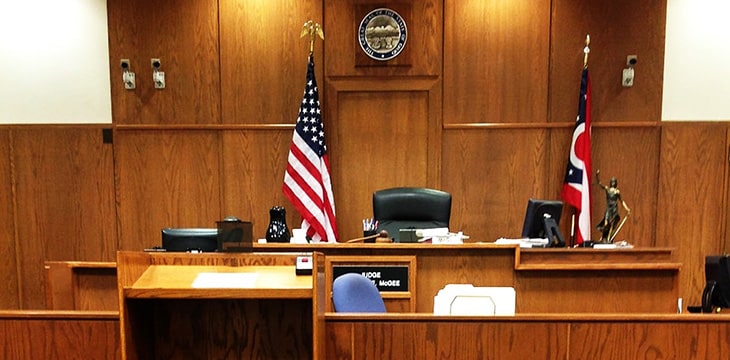|
Getting your Trinity Audio player ready...
|
San Francisco-based digital currency company Ripple has asked the court to dismiss fraud charges in its court battle with investors, arguing a failure of the plaintiff to provide evidence to support the claims.
In the latest development in the ongoing lawsuit, Ripple filed documents with the court earlier this week asking for the charges to be dropped, with the allegations based on false representations from the plaintiff.
In the court documents, attorneys for Ripple said the plaintiff had failed to establish that representations were false:
By and large, the Court reasoned that Plaintiff failed to ‘explain how or why’ the alleged misrepresentations were actually false. Plaintiff’s Consolidated First Amended Complaint (“FAC”) attempts to resuscitate these claims, but fails because Plaintiff still has not alleged with particularity ‘how’ and ‘why the alleged misrepresentations are false. Plaintiff’s Fraud Claims should again be dismissed, this time with prejudice.
The document goes on to argue the plaintiff has failed to satisfy the rules around alleging fraud, which require a more structured account of the circumstances constituting the fraud.
Rule 9(b) requires plaintiffs alleging fraud to “state with particularity the circumstances constituting fraud…A plaintiff who successfully identifies the “who, what, when, where, and how” of a statement, without more, has not satisfied Rule 9(b).
Where a plaintiff fails to explain how and why an alleged statement is false, the averments of fraud are insufficiently pled and must be disregarded.
The case against Ripple and its CEO Bradley Garlinghouse contains several allegations of selling unregistered securities alongside the allegations of fraud.
The allegations are based on statements made by the CEO and by Ripple in promoting its token and other products.
Ripple is currently facing a number of similar cases simultaneously, with the most recent action initiated by a Puerto Rico-based firm in May.

 02-14-2026
02-14-2026 




